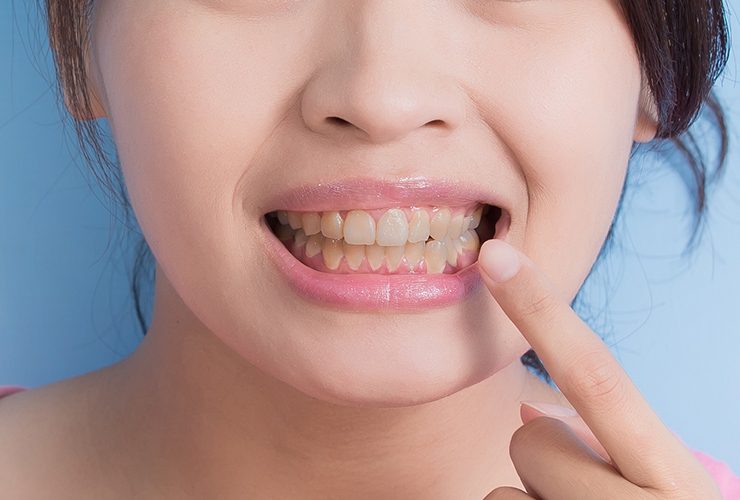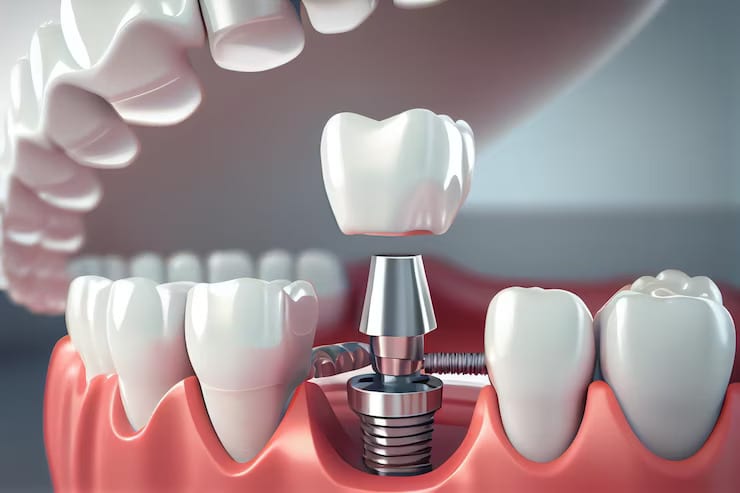A bright, radiant smile is often considered a symbol of health and beauty. This desire for whiter teeth has led to the popularity of teeth whitening procedures. However, many people wonder, “Is teeth whitening safe?” In this article, we will explore the safety aspects of teeth whitening and provide you with valuable insights.
Understanding Teeth Whitening
Before delving into the safety concerns, let’s first understand what teeth whitening is. Teeth whitening is a cosmetic dental procedure that aims to lighten the color of your teeth by removing stains and discoloration. It can be done in a dental office by a trained professional or at home using over-the-counter products.
Professional vs. At-Home Teeth Whitening
One of the critical factors that determine the safety of teeth whitening is the method used. Professional teeth whitening procedures, performed by licensed dentists, are generally considered safe. These procedures use controlled concentrations of whitening agents and are tailored to your specific needs, minimizing potential risks.
On the other hand, at-home teeth whitening kits, while convenient, can be riskier if not used correctly. Overusing or misusing these products can lead to tooth sensitivity, gum irritation, or uneven results. It is crucial to follow the instructions carefully and consult with a dentist if you experience any adverse effects.
Safety Considerations
Now, let’s address some common safety considerations related to teeth whitening:
- Tooth Sensitivity: One of the most common side effects of teeth whitening is temporary tooth sensitivity. This sensitivity typically subsides after a few days. Dentists can recommend desensitizing products to alleviate discomfort.
- Gum Irritation: Overusing whitening products or using them incorrectly can irritate your gums. It’s essential to apply the products precisely as directed to avoid this issue.
- Tooth Enamel Damage: Professional teeth whitening procedures are designed to minimize enamel damage. However, misuse of over-the-counter products can potentially harm your tooth enamel. Always consult a dentist before starting any whitening regimen.
- Existing Dental Issues: Teeth whitening may not be suitable for everyone. Individuals with certain dental conditions, such as cavities, gum disease, or worn enamel, should consult their dentist before whitening their teeth.
- Long-Term Effects: While teeth whitening is generally safe for occasional use, excessive or frequent whitening can lead to long-term damage. It’s important to strike a balance between achieving a brighter smile and maintaining oral health.
Conclusion
In conclusion, teeth whitening can be safe when performed by a trained dental professional or when using at-home kits as directed. However, it’s essential to prioritize your oral health and consult with a dentist before starting any teeth whitening regimen. Remember that a healthy smile goes beyond its appearance, so take good care of your teeth and gums for long-lasting results.
If you have any concerns about the safety of teeth whitening or want personalized advice, don’t hesitate to reach out to your dentist, who can provide guidance based on your unique dental needs.















